I’ll be teaching you everything you need to know about the vegan diet vs meat diet which is healthier and the science behind it.
The vegan diet advocates for a plant-based, animal-free diet. In contrast, the meat diet advocates for a diet that includes meat.
Both diets have their benefits and drawbacks. The vegan diet is beneficial because it is free from dairy, eggs, and meat products. It also provides all the nutrients needed from fruits and vegetables alone. The downside of a vegan diet is its high cost compared to a regular American diet.
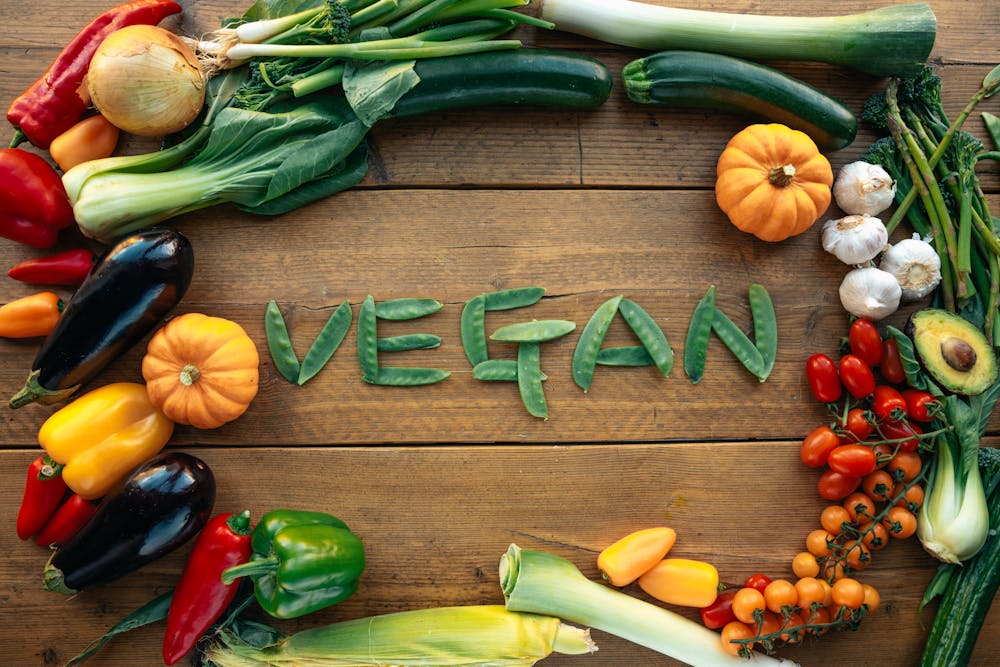
On the other hand, the benefits of a meat-based diet include the economical consumption of animal protein sources. The downside is that this type of dietary pattern may not provide all the nutritional requirements for optimal health in adults over time because many essential vitamins are found in plants rather than on an entire meat-based meal plan.
Health Benefits of Veganism As Compared to That of a Meat-Based Diet
Veganism is a lifestyle that includes no animal products in their diet and their lifestyle.
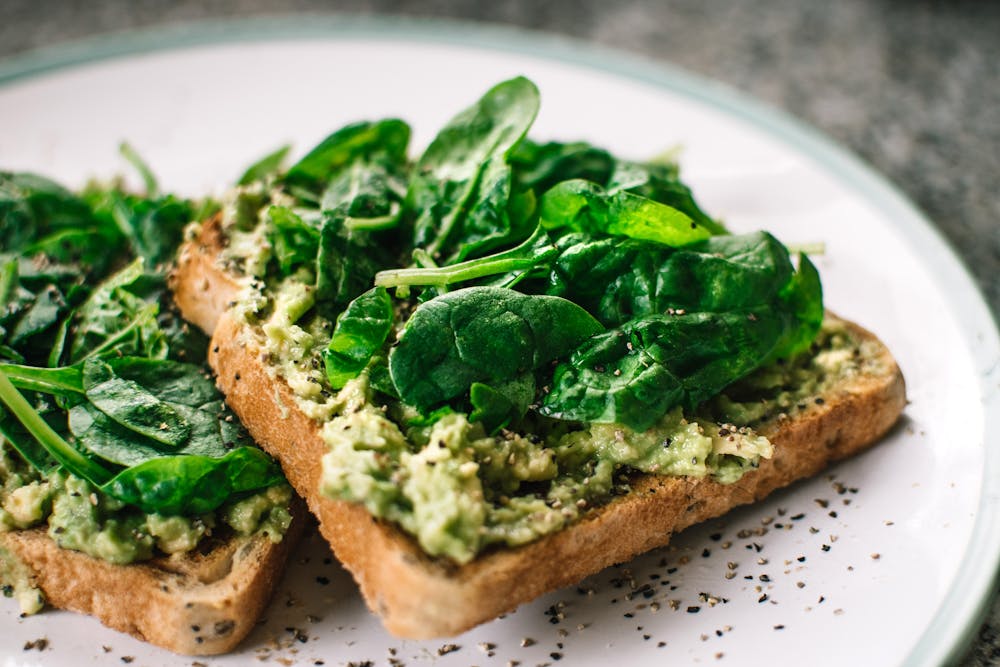
A vegan diet is rich in fruits and vegetables, which provide plenty of antioxidants and other healthy compounds to the body. But, when compared to a meat-based diet, the vegan diet has been shown to produce more health benefits, such as lower cholesterol levels and an improved immune system.
Due to these health benefits, many people choose this lifestyle for themselves and their families.
What Is the Difference Between a vegan diet vs meat diet which is healthier?
When we think of a person who eats a vegan or plant-based diet, we usually think of someone who does not eat any meat. This is not always the case.

A vegan diet can be simple and often includes a mix of grains, vegetables, legumes, and fruit. A meat diet usually consists of anything from pork to chicken to beef. This article will explore the difference between these two diets and how they impact health.
What Makes a Vegan Diet Healthy?
A vegan diet excludes all animal products.
This means dairy, eggs, meat, fish, and other animal-derived foods are not included in the diet.
It can be a very healthy diet if it is balanced and nutritional.
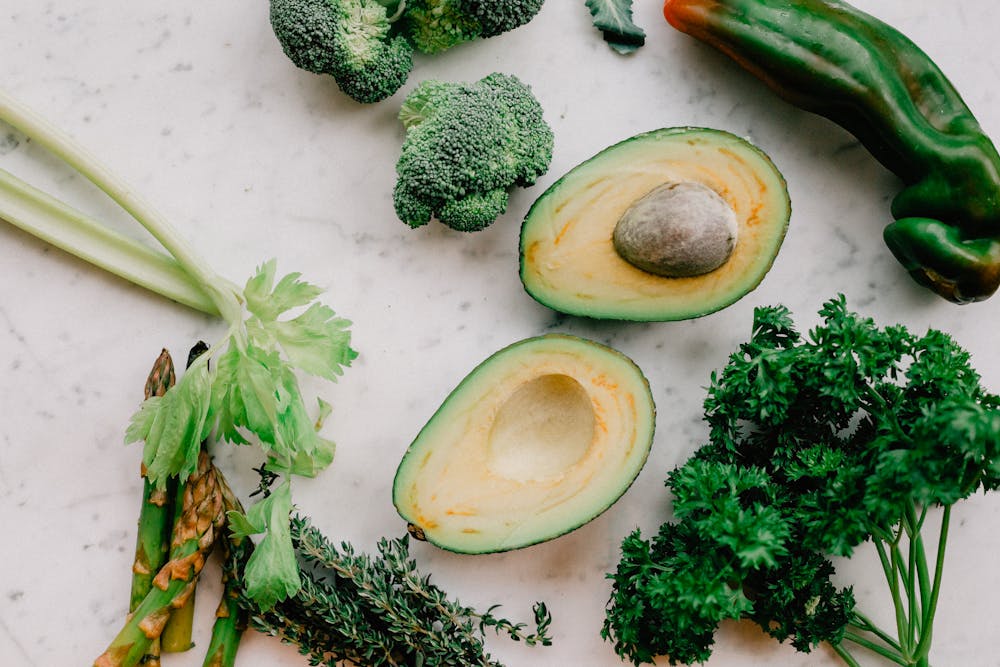
Vegan diets are typically lower in saturated fat but contain no cholesterol. Vegan food has many nutrients, except for vitamin B12 and omega-3 fatty acids.
The most popular argument against veganism is that it does not provide enough protein for the body to function correctly. However, many plant-based protein sources exist, including soy products, nuts, beans, whole grains, etc.
Plant-based diet:
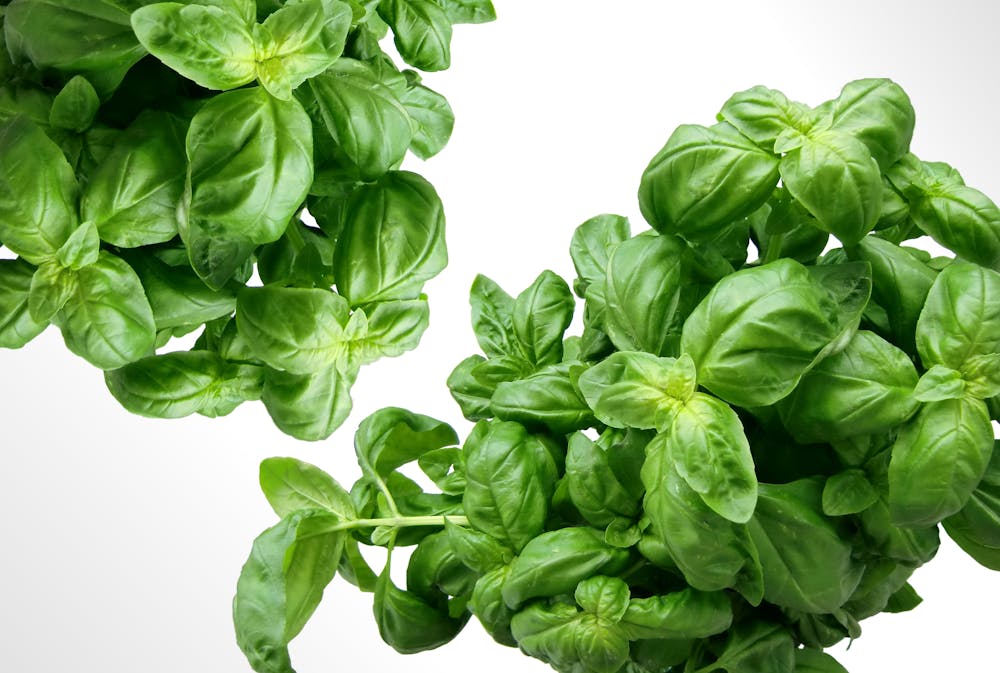
For us, a plant-based diet includes vegetables, legumes and whole grains. But it also means eating such things as fruit, nuts and seeds. Vegetables, fruits, beans/legumes, whole grains, nuts, and seeds are all important for a healthy diet. Precision Nutrition will still classify you as a vegan if you consume a diet primarily of plants and some animal-based protein.
Whole-food plant-based diet:
A healthy, plant-based diet that is rich in whole foods. Eating healthy is daunting, but a wholesome diet is worth a try!

A plant-based diet is rapidly rising in popularity for several reasons. One strong reason is the solid scientific evidence suggesting that it’s healthy. Another is the environmental impact of factory farming. A third, often overlooked, are the food safety risks associated with consuming foods that have been processed intensively. It’s important to remember that a healthy diet doesn’t just mean cutting out animal products.
However, you can still improve your well-being by making minor changes to your diet. This guide will show you how to maintain a healthy lifestyle while avoiding flavourless and repetitive meals.
Entirely plant-based / plant-only diet:
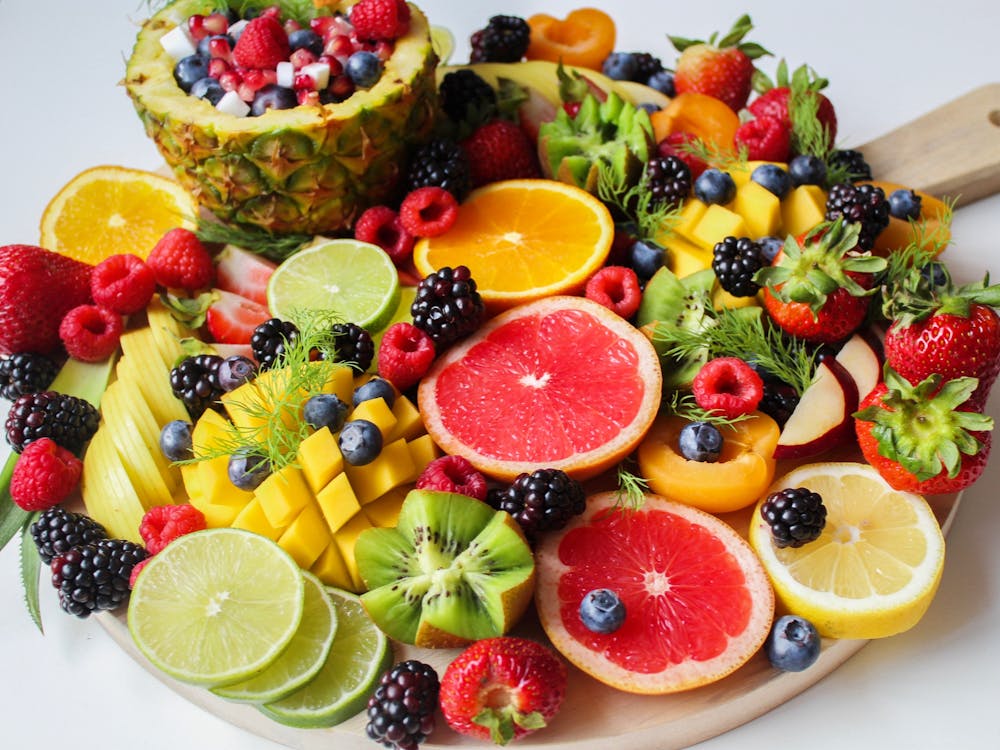
These eating patterns include only vegetables, fungi (such as mushrooms), fruit, legumes & whole grains without meat, fish/shellfish, dairy, or eggs. An entirely plant-based eater does not consume animal products, including meat, dairy, eggs or honey.
Vegan diet:

A strict, plant-based diet also tends to include a choice of lifestyle habits, such as not wearing fur or leather. Vegans often try to avoid actions that cause animals any harm or suffering.
Vegans and other plant-based diets are on the rise. This lifestyle is followed by many for a variety of reasons, such as animal rights, environmental concerns, and health benefits. There are many ways to maintain a vegan diet. Still, it is most commonly followed by eliminating animal products (meat, dairy, eggs) and avoiding clothing with any animal product (leather shoes, fur coats).
Vegetarian diet:
Vegetarian is an umbrella term that includes types of diets, including fully plant-based, plant-only and vegan lifestyles.

Vegetarians are a growing population, crossing all demographics and often positively impacting society. According to a study done by the Vegetarian Resource Group, over 3 million people in the U.S. identify as vegan or vegetarian. Several types of vegetarianism exist, including plant-based, plant-only and vegan lifestyles. A plant-based diet entails eating only vegetables, fruits and grains with no animal products.
What Makes a Meat-Based Diet Healthy?
According to a study by the World Resources Institute, meat-based diets are considered one of the most sustainable ways of living. The study confirms that meat consumption is essential for humanity’s future. A meat-based diet has numerous health benefits, some of which are discussed in this article.
A Meat-Based Diet

Consuming meat is not only necessary for sustainability but also essential for your health. According to a study by the World Resources Institute, about 70% of all greenhouse gas emissions come from livestock and their byproducts, like manure and methane gas emitted from cows and other animals, which can harm our environment if left unchecked. It’s dangerous and leads to deforestation and desertification due to the need for more land.
How Do We Know Which One is Healthier? How to Compare Them?
Eggs are a healthy, nutritious food containing high-quality protein and essential vitamins. They can be found in various colours that signify different nutritional values.
Butter is a dairy product made from churning cream or milk until the fat separates from the liquid. It has a solid consistency and is found in various flavour profiles.

We can compare eggs and butter by looking at their nutritional content, where they are sourced from, what they taste like, how much they cost, and how digestible they are for humans.
In addition, we also need to analyze the environment and ethical concerns regarding organic farming practices. Organic eggs may be more sustainable than those conventionally raised eggs, but both have potential animal welfare issues.
Where vegans take the crown
The American Heart Association recommends following a diet low in saturated fats to decrease bad cholesterol. And studies show that people who identify as vegan typically have lower LDL cholesterol on average. A summary of multiple trials found that those who identify as vegan usually have lower LDL cholesterol levels than those who don’t.

Millions of people have chosen to adopt vegan diets in recent years. Unsurprisingly, these diets are linked with a lower risk of cardiovascular disease.
Recent studies show that nearly one in ten adults in the United States follows a vegan diet. They’re not the only ones, as over a third of adults in the U.K. have also adopted a vegan diet. These people may not realize that their diets are linked with a lower risk of cardiovascular disease and type 2 diabetes.
If you’re interested in your heart health or having healthier cholesterol levels, consider reducing how much animal product you eat. You can start with one meatless day per week!
Eating more fruits and vegetables and limiting animal products can help you maintain a healthier heart. Animal products such as red meat, eggs, and dairy are high in cholesterol and fat, negatively impacting your heart health.
Where meat-eaters have a leg up
Men who eat vegan diets have much higher Sex Hormone Binding Globulin (SHBG) than those who eat meat. This trend also holds for women; vegan women have significantly higher levels than their meat-eating counterparts.

Sex hormones are transported safely by SHBG, providing safe passage throughout the bloodstream. One of the critical functions of SHBG is to regulate hormone levels. For this reason, an increase in your SHBG levels usually goes hand-in-hand with an elevation in testosterone levels. SHBG also acts as a storage depot for unused hormones, which enables them to be available again at a later time
If you have a high SHBG level, your body tells your brain that it has sufficient testosterone levels. But the truth is that any bound testosterone will be prevented from leaving the body. Testosterone metabolism is complex, and stories can be unoptimized for various reasons, but high SHBG isn’t the lone offender.
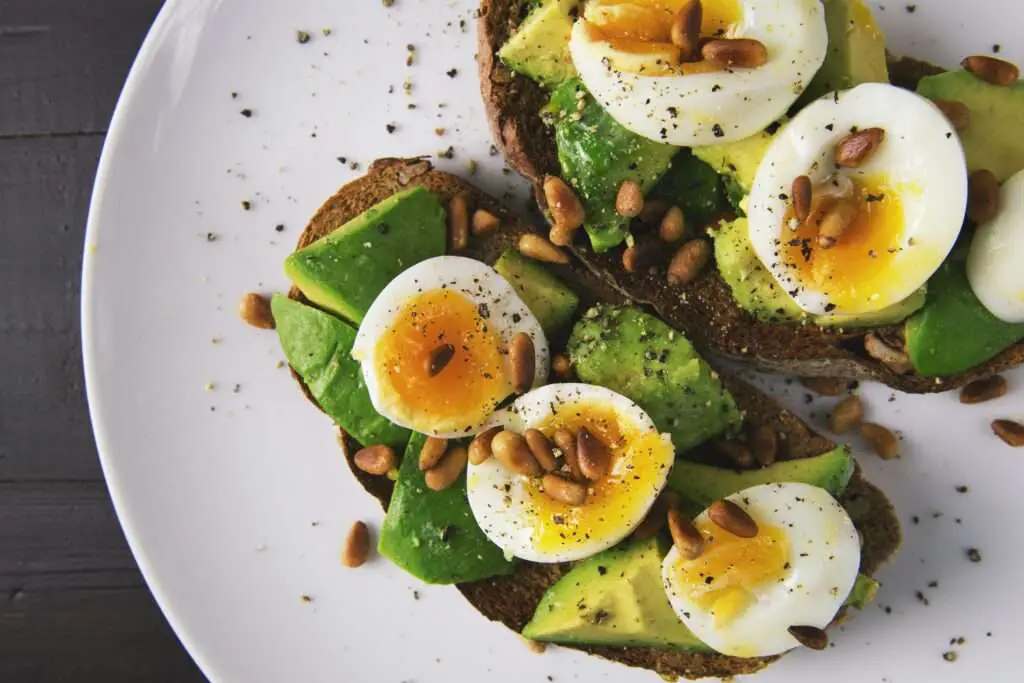
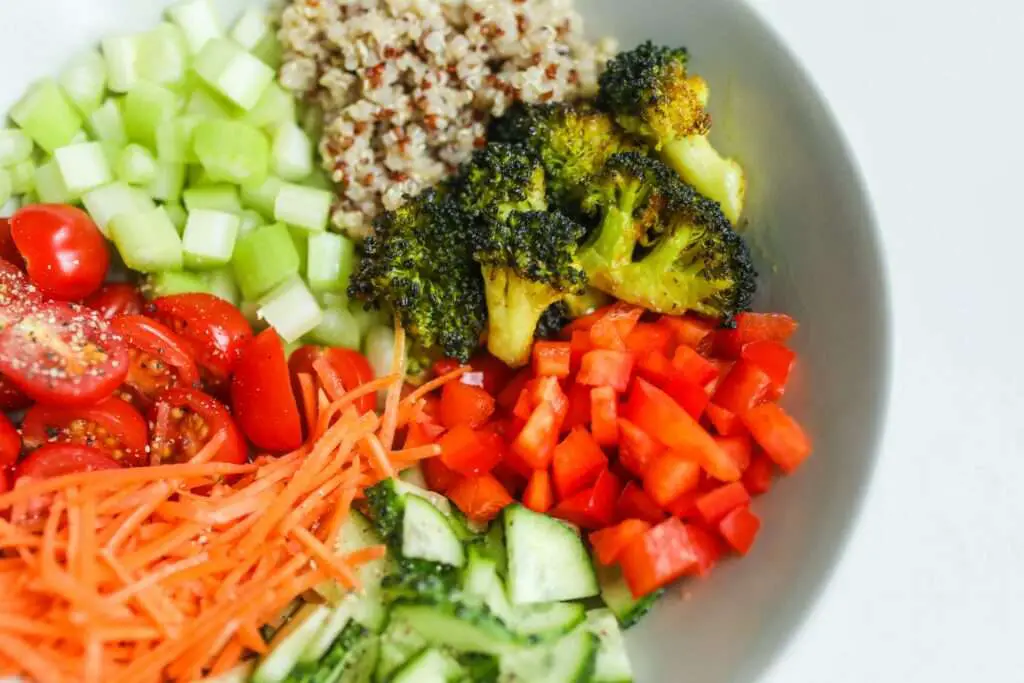


You actually make it seem so easy together with your presentation however I find this topic to be actually one thing that I think I might by no means understand. It seems too complex and very large for me. I’m having a look ahead in your next submit, I will try to get the grasp of it!